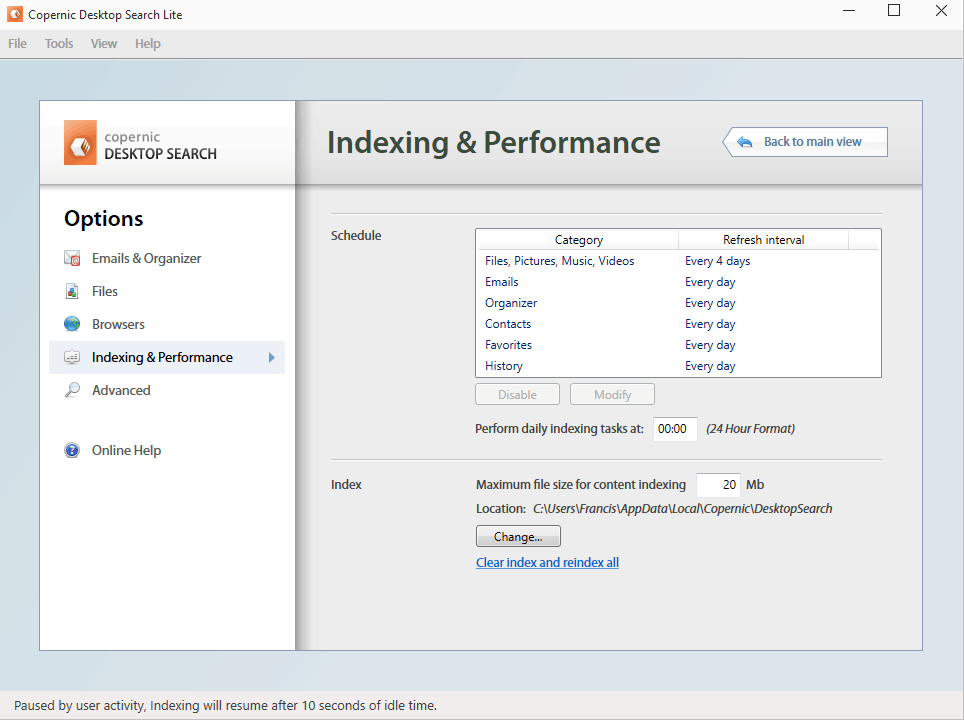
Use parentheses to isolate parts of a query. Had the word not been enclosed in quotation marks, Copernic Desktop Search would also have found documents containing similar terms, such as "challenges" or "challenger".Ĭopernic Desktop Search will find documents that contain the exact phrase "Lord of the Rings". Quotation marks can also be used to search for an exact phrase.Ĭopernic Desktop Search will find documents that contain the exact word "challenge".

The documents must include the specified whole word. If the word you are searching for needs to be considered as a whole word, enclose it in quotation marks. Use quotation marks to avoid finding similar terms or derived words. Use the NEAR operator to find words that are at most ten words apart.Ĭopernic Desktop Search will find the documents that contain the words "Copernic" and "Desktop" provided they are at most 10 words apart.įinds documents that contain the whole word or the exact phrase. Therefore, the NOT operator must be used carefully.įinds documents that contain specified words in close proximity. The NOT operator helps you narrow your search.īe careful with the use of NOT as the attempt to narrow the search may be too exclusive and eliminate relevant documents.Ĭopernic Desktop Search will find the documents that contain the word "meeting" if they do not contain the word "appointment".Īlso, if you search for references about "international news", excluding the word "national" might result in missing relevant results whatever the context related to the use of this word in documents. Use the NOT operator to ignore documents that contain the specified words. The OR operator helps you broaden your search by including synonyms or related terms.Ĭopernic Desktop Search will find documents that include either one of the two terms or both.Įxcludes the documents that contain the specified word. Use the OR operator to search for documents in which at least one of the search terms joined with the OR operator is present. Because AND is the default operator, the following query would produce the same results:įinds documents that contain at least one of the specified words. By default, Copernic Desktop Search uses the AND operator.īe careful not to overuse the AND operator in a query a search that is too specific could overlook relevant results.Ĭopernic Desktop Search will find documents that contain both "business" and "meeting". The AND operator helps you narrow your search. On the other hand, a document that contains 3 of the 4 keywords will not be returned. Therefore, if 4 keywords are joined with AND in a search, only documents containing all 4 keywords will be returned. Use the AND operator to search for documents in which all the terms joined with the AND operator are present.

Use search operators, such as Boolean operators, parentheses and quotation marks to refine your query in any of the text boxes.Ĭlick the search button or hit the Enter key.įinds documents that contain all of the specified words.

Type keywords in the Search and/or Refine text boxes. Search operators can be typed in the Search and Refine sections.Ĭhoose the search category by clicking the corresponding button on the desktop search category toolbar.
#LIKE COPERNIC DESKTOP SEARCH FOR MAC HOW TO#
It enables you to look for several words at once by telling Copernic Desktop Search how to link keywords. A search operator is an instruction that joins keywords to form a new, more complex query. You can use search operators to refine a query.


 0 kommentar(er)
0 kommentar(er)
